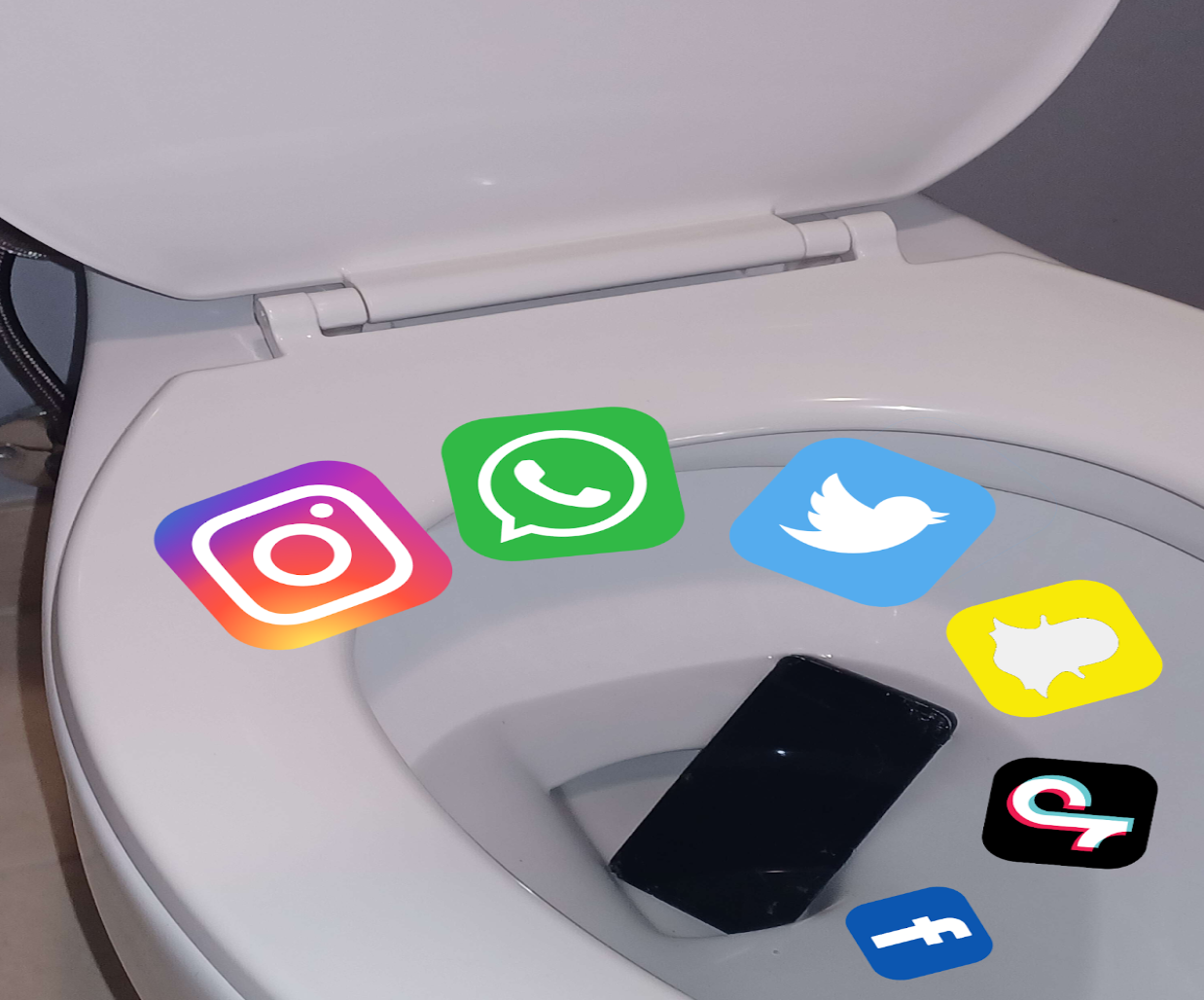On Jan. 24, the Florida House of Representatives passed House Bill (HB) 1 with sweeping bipartisan support, on a vote of 106 to13. The bill would ban teens aged 16 years of age and under from owning social media accounts that can upload content, track user data or include “addictive features,” making it one of the strictest legal measures taken on the issue in the nation. The bill calls for the deletion of all pre-existing accounts and “reasonable age verification methods” through a third party will be required going forward. According to the legislation, platforms that ignore this law can be fined anywhere from $50,000 to $100,000 per violation.
HB 1 is a response to concerns about minors’ data privacy, as their information can be sold and used to develop more addictive apps and targeted advertisements. House politicians also cite potential threats posed to minors’ safety, such as cyberbullying, sexual predators and the effects social media have on mental health. Critics of the bill argue that it limits children’s freedom of speech, expression, access to information and opportunities, and that it infringes on parents’ rights to make this decision themselves. Furthermore, critics assert the bill fails to address these platforms’ practices and in part leaves responsibility for restricting access to the consumer.
Many questions remain, such as which platforms the bill will apply to and how it will be implemented and enforced, given teenagers’ ability to access the internet under any circumstances. Yet, it continues to move in the state legislature. The Senate Judiciary Committee advanced Senate Bill (SB) 1792 and SB 1788 in a 7-2 vote on Feb. 5. Both bills would restrict minors’ social media use comparable to HB1. As for HB1, the Committee on Fiscal Policy has it on their agenda for review on Feb. 15. If the bill gets majority Senate approval, and is codified into law, it will go into effect in July. Track HB1 here.

